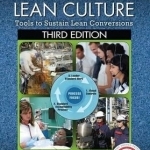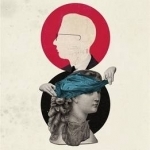
MP3 Quran- Abdurrehman Al Sudais
Education and Utilities
App
Quran Audio-Al Sudais is the ultimate Quran application for iPhone/Ipad users with Quran recitations...

KlangDings - House of Music
Education, Games and Stickers
App
Make music with the teeth-brushing walrus, the dancing bathtub or the yodelling spider. Play with...

Read the best books online
Book and Shopping
App
• Read! - a huge library in Estonian, English, Lithuanian, Latvian, Russian and other languages. ...

Audiobooks HQ – 11,500+ Free + Premium Audio Books
Book and Entertainment
App
***** Over 1,215 5-star ratings Get over 11,500 free audiobooks, 77,500 old time radio dramas, and...

Die große Wörterfabrik
Book and Games
App
NEW: Now for iPad AND iPhone - You can now install this app on both your iPad and on your iPhone. ...

Nursing Central
Medical, Health & Fitness and Stickers
App
~~~~~~~~~~~~~~~~~~~~~~~~~~~~~~~~~ “Nursing Central contains everything a nurse needs at the...

Oxford Handbook of Clinical Medicine,Ninth Edition
Medical and Health & Fitness
App
This Oxford University Press source of information is developed by MedHand Mobile Libraries. Improve...

Creating a Lean Culture: Tools to Sustain Lean Conversions
Book
Winner of a Shingo Research and Professional Publication Award The new edition of this Shingo...

Love's Executioner
Book
Love's Executioner offers us the humane and extraordinary insight of renowned psychiatrist Irvin D....

DioDict 4 English Dictionary for Advanced Learners
Reference and Education
App
▶Special discount◀ $24.99 -> $19.99 The complete DioDict English Dictionary • 184,500 words,...